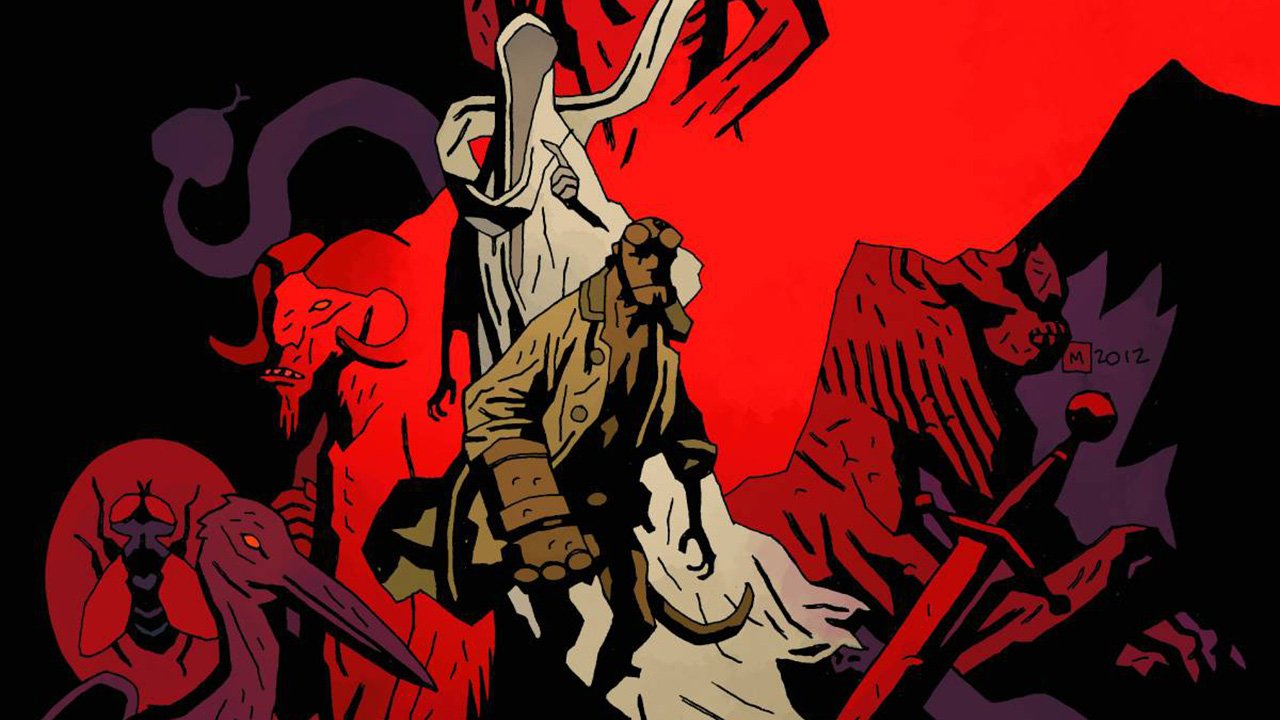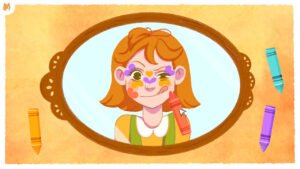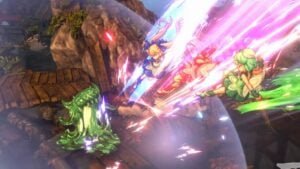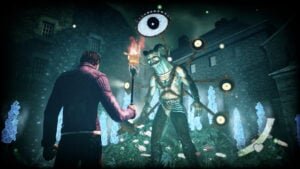Few creators are lucky enough to see their ideas grow into a fully fleshed out universe, but Mike Mignola changed that twenty years ago. From his first Hellboy miniseries, every chapter in Big Red’s story added to the ever-growing Mignolaverse, eventually expanding with the BPRD, Abe Sapien and Lobster Johnson series. Add to that two feature length Hellboy films and you have a cast of characters who have made a huge cultural impact—both in comics and general pop culture— completely separate from the mythos of Marvel or DC. At Fan Expo 2013, Mignola sat down with us to describe his journey with Dark Horse Comics, and what’s to come.
Comics & Gaming Magazine: How does it feel to have Hellboy turn twenty?
Mike Mignola: It kind of snuck up on me. It’s scary because it means my daughter is almost twenty. This is how you tell time. It made me realize how lucky I have been because for two thirds of my career, twenty years, the life span of most of the people in this room, I’ve been left alone to do pretty much whatever I want. I’ve known for a long time that I’m lucky, but it’s kind of hitting me just how lucky I am.
CGM: Were you focused full time on Hellboy from the first issue, or were you working on other projects at the same time?
MM: When I started Hellboy, the first mini-series did okay, but it wasn’t like an overnight sensation or anything. I thought about going back and doing another Batman book because I thought I should do something high profile. It was actually my wife who said, “You know what? Stick to it.” Because I’d never done anything for any length of time before. She said, “Let’s show the audience that you really care about what you’re doing.” Fortunately Dark Horse was paying me a page rate to do a book, so it wasn’t financially any different than working on a Marvel or DC book, so it was really easy to stay on it.
CGM: You mention living in a cocoon for twenty years but you recently opened up your workspace for an MTV studio tour. Had you ever done that before? What was it like to let people into your private space?
MM: It was fine, but I mean after a couple of hours you’re going “Ok, I don’t want to move anything around, can you get the cameras out…” You think it’s just going to be a guy with a camera but they bring lights and all this other shit and you’re like “I’m done, time to go back to work!” That’s why conventions are such an unnatural experience, because I rarely leave the house. I don’t drive. I rarely go further than to pick up the mail. I talk to my wife, my daughter, and my cat. I live in this very quiet little world where I sit in the studio by myself, doing my stuff and then you go to here. So there’s nothing in between.
CGM: Has social media changed that for you?
MM: I don’t do any of the Twitter stuff; she [points to his wife Christine] handles Twitter. I do Facebook, which hasn’t changed the way I work but it has kept me in touch with a lot of people. It’s good and bad I guess; it’s made it more comfortable to be a complete recluse because I still feel like I have a lot of contact with people. I think Facebook and any of that kind of stuff is really altering society. You’re in this weird thing where you’re friends with a bunch of people and you feel like you’re friends with people that you’ve never met, and when you finally meet them it’s really weird because they don’t seem like what you thought they were going to be.
To read the full interview with Mike, please check out the August/Sept issue of CGMagazine.




